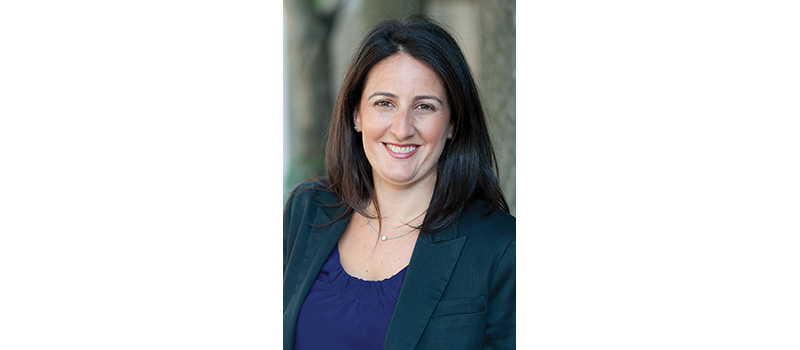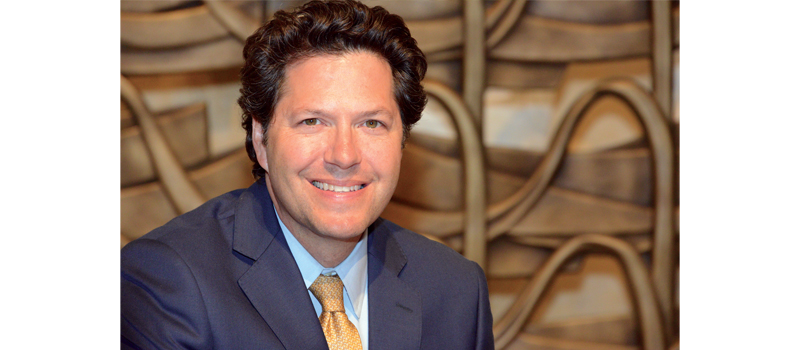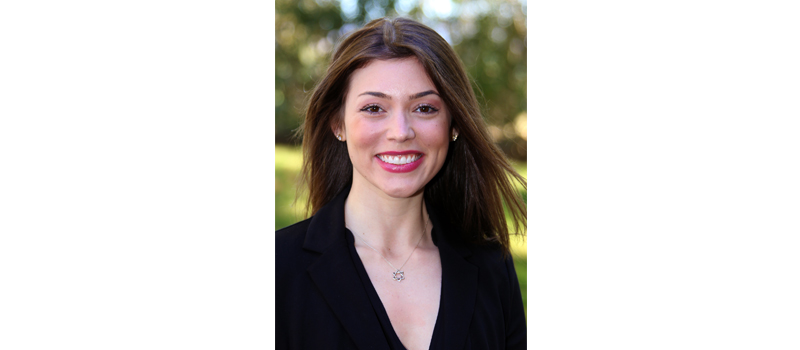by Rabbi Sari Laufer
On the first weekend of 2020, the Peloton app crashed. Much to the panic of hundreds of thousands of indoor cycling enthusiasts, it would seem that the onslaught of resolution-makers overloaded the system. A study published in the Journal of Clinical Psychology revealed fairly grim statistics when following 159 people who had made New Year’s resolutions. Just two weeks into the New Year, 29% had already fallen off the boat so to speak. At the one month mark, 36%. And six months into the year, 54% were no longer on course. It is no surprise to anyone who has gone to a gym in the first few weeks of January, as according to Time Magazine, these are the 5 most commonly broken New Year’s resolutions:
- Lose weight and get fit
- Quit smoking
- Learn something new
- Eat healthier and diet
- Get out of debt and save money
The New Year’s resolution began in the 1st century CE in Rome, where they made resolutions of a moral flavor. When the Roman Empire adopted Christianity as its official religion, the resolution was replaced by a day of prayer and fasting. Somewhere along the way, it seems that both of these ideas—the prayer and fasting AND the moral resolutions—got transformed. We seem to have the first one covered pretty well in general, but what if we reclaimed the 2nd?
Whenever I wish someone a Happy New Year in early January, I often get a quizzical look in response. Rabbi, they often say. Wasn’t our New Year in September? Yes. And….in one of my favorite teachings, the rabbis of the Mishnah posit that there are actually 4 different New Years throughout the course of the year. Each one, they suggest, marks a new start for a different aspect of life. In one, we turn our calendars to the next page. In another, we restart the holiday clock, beginning the cycle again. Another, a financial reboot. And lastly, an environmental new beginning, as the trees begin to bloom again; we will celebrate Tu B’Shevat next month.
As an American Jew and perpetual student, I’ve always appreciated that teaching, appreciated that idea that our years—like our lives–have starts and stops, built in checks, and points of reflection. Our years—like our lives—give us time to continue on the path we’ve taken, or try to start anew. The work of Rosh HaShanah is the work of cheshbon hanefesh—taking a spiritual accounting of our lives and souls. What if the work we committed to again in January was a refresh of that, seeing where we are, and how much more work we need to do to become the person we want to be in 5781? In this 2nd week of the New Year, there is plenty of time; the newest scholarship suggests it takes at least 66 days to turn a resolution or a goal into a habit.
In the coming days, you will see new banners on campus—a new intention for a New Year. Part of our Wise Way Forward and our commitment to inclusivity. Be open in heart and mind; these words are a reminder to enter our New Year, your spiritual home, and your life with curiosity and with kindness. What might that look like for you? What behaviors might you change, or adopt anew?
Be open in heart and mind. I cannot promise it will be easier than losing those 10 lbs, but I can promise it will be meaningful and lasting.
With wishes for a 2020 full of blessings—
Rabbi Sari
Read more about Wise’s Covenant of Inclusivity and the Wise Way Forward.



